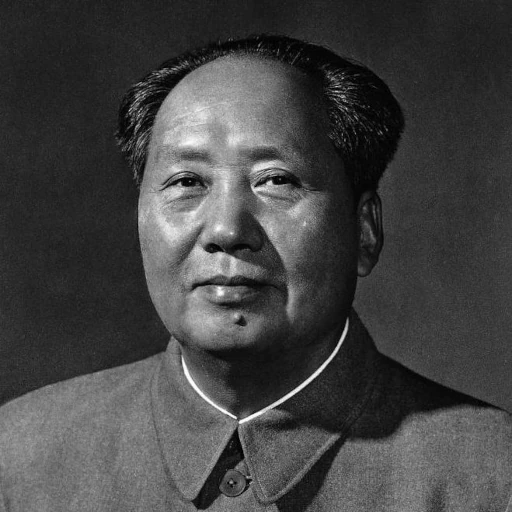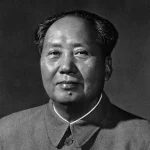“Weapons are an important factor in war, but not the decisive one; it is man and not materials that counts.”

- December 26, 1893 – September 9, 1976
- Born in China
- Politician, thinker
- He led the Chinese socialist revolution and succeeded in founding the country, but the Great Leap Forward and Cultural Revolution brought much chaos and sacrifice.
table of contents
Quote
“Weapons are an important factor in war, but not the decisive one; it is man and not materials that counts.”
Explanation
This quote highlights Mao Zedong’s belief that the success of war does not solely depend on the quantity or quality of weapons and materials, but rather on the human element—the will, determination, and skill of the people involved. Mao emphasized that the true strength of an army lies not in its weaponry, but in the commitment and resourcefulness of the soldiers, their leadership, and the moral foundation that drives them. While weapons may provide tactical advantages, it is the human spirit—the ability to adapt, strategize, and persist—that ultimately determines the outcome of conflict. This idea reflects Mao’s broader philosophy that revolutionary movements succeed through the empowerment of the people, rather than relying on material resources alone.
Mao’s experiences in the Chinese Communist Revolution were shaped by the reality that the Communist forces often faced material disadvantages when compared to their opponents, particularly the Nationalist forces or the Japanese invaders. Despite these disadvantages, Mao believed that the resolve and unity of the people, combined with guerrilla tactics and a deep ideological commitment, were the keys to overcoming superior military forces. The success of the Red Army in the face of overwhelming opposition demonstrated that people’s mobilization and moral strength could turn the tide of war, even against better-equipped adversaries.
In contemporary terms, this quote can be applied to both military strategy and other areas where human effort and resilience make the difference. In any struggle, whether in business, politics, or personal endeavors, the skills, determination, and vision of individuals are often more important than the resources at hand. Whether in a global conflict or a small-scale movement, the human factor—how people organize, collaborate, and remain committed to a cause—often proves to be the decisive factor in achieving success. This underscores the idea that while technology and material wealth are important, the strength of character and resolve of individuals or groups often determine the outcome of significant challenges.

